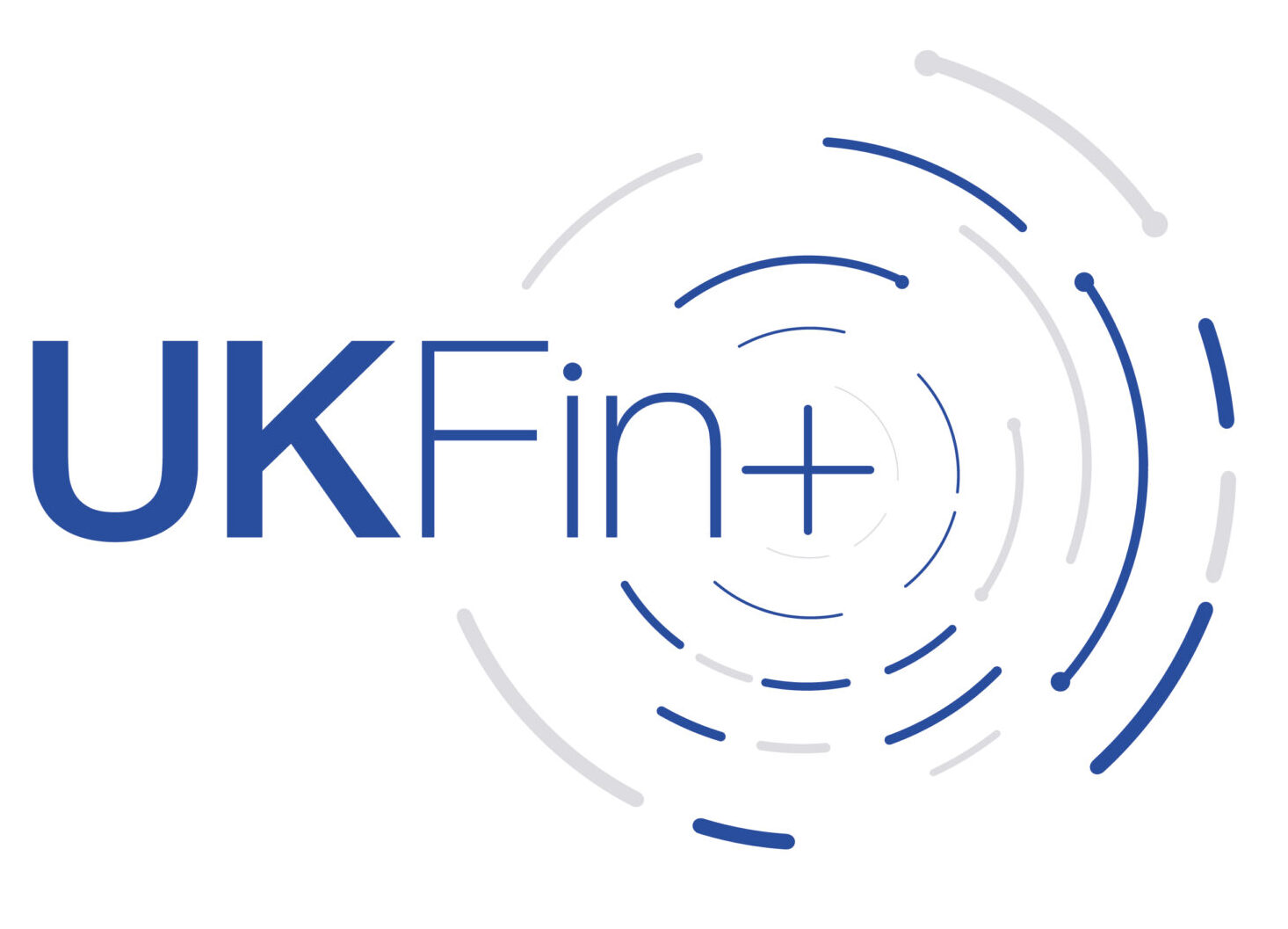Last week UKFin+ hosted a Financial Inclusion and Digital Technologies collaboration workshop at The Studio based in Birmingham. The workshop was part of the UKFin+ spotlight on financial inclusion, running between April and November 2024, where we are promoting the development of collaborative research projects between academics and industry. In partnership with industry, policymakers, charities and academic experts, we seek to harness the power of collaboration to drive meaningful change and ensure that no one is left behind in our rapidly evolving financial landscape.
The hurdles obstructing financial inclusion in relation to digital technologies are complex and multifaceted. From widening access to banking services and closing the digital divide to enhancing financial literacy and tackling regulatory barriers, we face a myriad of challenges that demand innovative solutions. By bringing academia and industry together, we can harness the transformative power of technology to empower marginalised communities, foster trust, and pave the way for a more inclusive financial future.
After a warm welcome from the project directors – John Vines, Maggie Chen & Karen Elliott – the workshop commenced with a panel discussion on financial inclusion in the UK, its key challenges, and how advancements in technology have a role in this. The panel was comprised of Sarah Porretta – Fair4All Finance, Helene Oger-Zaher – Financial Conduct Authority, Pascal Berrang – University of Birmingham, Nathan Long – Hargreaves Lansdown and was chaired by the UKFin+ advisory board chair Faith Reynolds. The discussion included topics such as savings and resilience, the drivers for financial exclusion and how HCI, AI and decentralised ledgers can improve financial inclusion, but can also make it worse if done wrong.
This was followed by a quick overview of UKFin+ funding from our project manager Sheena Robertson, covering some of the key requirements for successful funding applications:
- All projects must include at least one HEI or research organisation, and at least one non-HEI partner (e.g. company, charity, trade body, regulator)
- The project aims to be oriented around key priorities of the non-HEI partner(s)
- Each non-HEI partner should provide a letter of support evidencing senior commitment and alignment with partner strategic priorities
- The project needs to advance knowledge, through research and/or the innovative application of research findings
- The proposed project must be at least 50% within EPSRC remit
- AI-generated applications are not accepted
After a break for lunch and some networking we continued the day with three-minute pitches from challenge holders. We had asked non-academic stakeholders to send us a financial inclusion and digital technology challenge that they are seeking to solve. These challenges were circulated to participants as well as being pitched at the workshop. We had a fantastic array of different challenges from across charities, regulators and industry. After the pitches, we broke off into groups to discuss the challenges. The goal of these challenge holder break-out tables was for the challenge holders to have the opportunity to discuss their challenges in more depth with interested attendees. The result of these discussions being industry-academia collaborations that hopefully will result in funding applications for our November deadline.
We were thrilled with the buzz in the room at this event, so many bright minds coming together to tackle such an important wicked problem. Thank you to everyone who attended, we hope you found the workshop valuable and can’t wait to see the results of your discussions in autumn!
To hear about future events and updates from the network please sign up to our mailing list here.
